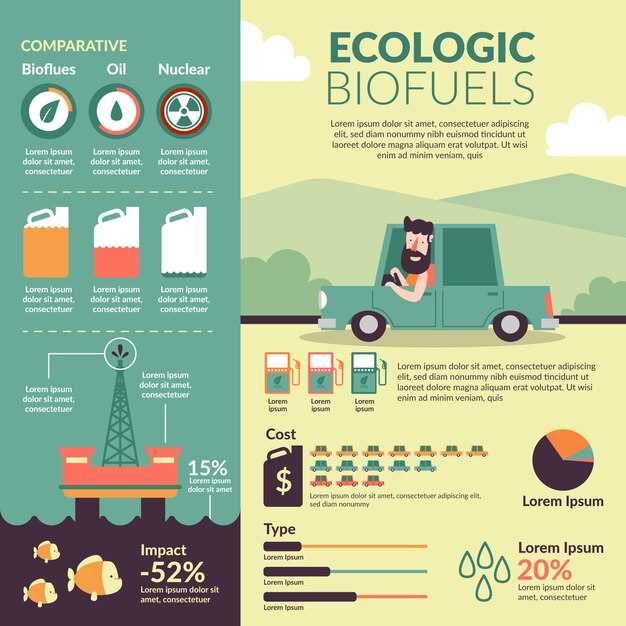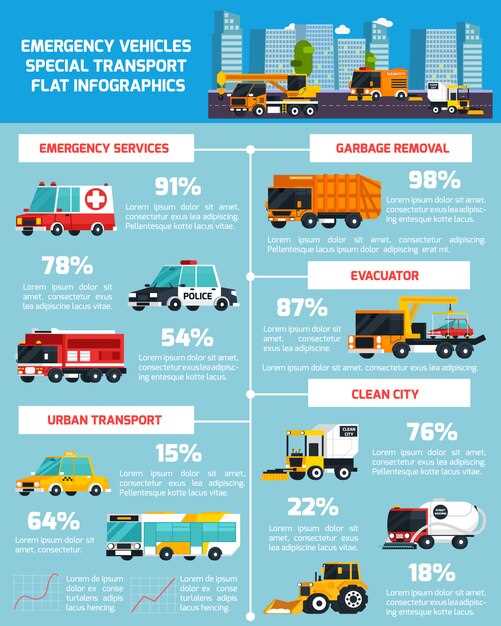
Diesel pickup trucks have become increasingly popular among both casual drivers and heavy-duty users, thanks to their distinctive qualities and capabilities. These vehicles are often lauded for their impressive torque, durability, and fuel efficiency, making them a prime choice for towing and hauling. However, potential buyers must also weigh the drawbacks that come with diesel technology, including initial costs, maintenance requirements, and environmental considerations.
One of the most significant benefits of diesel pickup trucks is their exceptional fuel economy. Diesel engines typically provide better mileage compared to their gasoline counterparts, allowing drivers to cover longer distances on less fuel. This efficiency is particularly advantageous for those who frequently engage in long-haul travel or require a vehicle that can handle heavy loads. Moreover, the high torque produced by diesel engines translates to superior towing capabilities, making these trucks ideal for moving trailers, boats, or construction equipment.
Conversely, drawbacks such as higher upfront costs and more complex maintenance cannot be overlooked. Diesel pickup trucks often come with a premium price tag, which can deter budget-conscious buyers. Additionally, the maintenance of a diesel engine tends to be more intricate and costly, requiring specialized knowledge and parts that may not be readily available. Furthermore, environmental concerns are increasingly pressing, as diesel engines traditionally emit higher levels of nitrogen oxides and particulate matter, contributing to air pollution and regulatory scrutiny.
Fuel Economy and Performance of Diesel Engines

Diesel engines are renowned for their superior fuel economy compared to gasoline engines. This efficiency stems from the higher energy density of diesel fuel, which allows diesel engines to extract more power per gallon. Consequently, diesel pickup trucks often achieve better miles per gallon (MPG) ratings, especially on highways where their torque-rich performance shines.
One of the most compelling advantages of diesel engines is their abundant torque output. This characteristic enhances towing capabilities significantly, making diesel pickups the preferred choice for heavy-duty tasks. The torque produced at lower RPMs translates to improved acceleration and pulling power, which is essential when hauling trailers, boats, or heavy equipment.
Moreover, diesel engines tend to have longer lifespans due to their robust construction and lower RPM operation, resulting in less wear and tear over time. This durability not only contributes to sustained performance but also reduces the likelihood of costly repairs, making diesel trucks a sound investment for those who rely on them for work or recreation.
However, it is essential to consider certain drawbacks. Diesel fuel can often be more expensive than gasoline, which may offset some of the fuel economy benefits. Additionally, factors such as cold weather can impact diesel performance, requiring modifications or additives to ensure optimal operation. Noise and vibration levels in diesel engines may also be higher, impacting overall comfort.
In summary, diesel engines are synonymous with exceptional fuel economy and powerful performance, making them ideal for heavy-duty applications. However, potential owners should weigh these benefits against the financial implications and performance considerations to determine if a diesel pickup truck meets their specific needs.
Maintenance Costs and Reliability Factors

When considering diesel pickup trucks, maintenance costs and reliability are crucial factors to evaluate. Diesel engines are generally known for their durability and longevity, which can lead to lower costs in the long run. However, the initial maintenance expenses can be higher compared to gasoline engines. Regular maintenance for diesel engines often includes oil changes with specialized diesel engine oil, which may be pricier, as well as injector and fuel filter replacements.
Additionally, diesel engines typically require more frequent servicing to maintain optimal performance. Components such as the turbocharger, intercooler, and diesel particulate filter (DPF) can be costly to repair or replace. Neglecting these maintenance needs can lead to significant reliability issues down the line, resulting in increased overall costs.
On the reliability front, diesel pickup trucks are often praised for their robust construction and ability to handle heavy loads. They are built to withstand harsh conditions, making them a preferred choice for towing and hauling. However, the performance of a diesel engine can be affected by factors such as fuel quality and the use of improper lubricants, which can lead to premature wear and expensive repairs.
Moreover, the technology in modern diesel engines, including emissions control systems, can sometimes introduce complexity that affects reliability. These systems require careful management and can be sensitive to the type of fuel used. Owners must weigh these factors against the benefits of increased torque and fuel efficiency, which are common advantages of diesel engines.
In summary, while diesel pickup trucks may entail higher upfront maintenance costs, their reliability and long-term performance often justify the investment, particularly for those who require robust vehicles for demanding tasks. Understanding these dynamics can help potential buyers make informed decisions.
Environmental Impact and Emissions Regulations
Diesel pickup trucks are often praised for their fuel efficiency and torque, but they also have significant environmental implications. Understanding the impact of diesel vehicles on the environment as well as the regulatory framework governing emissions is essential for potential buyers.
One of the primary concerns regarding diesel pickup trucks is their emissions. Diesel engines produce lower levels of carbon dioxide (CO2) compared to gasoline engines; however, they emit higher levels of nitrogen oxides (NOx) and particulate matter (PM). These pollutants can contribute to air quality issues and have adverse health effects.
The environmental impact of diesel pickups can be summarized as follows:
- Greenhouse Gas Emissions: While diesel engines emit less CO2, they still contribute to global warming and climate change.
- Air Pollutants: Increased NOx and PM levels can exacerbate respiratory issues and other health problems among populations, particularly in urban areas.
- Noise Pollution: Diesel engines tend to be noisier than their gasoline counterparts, contributing to environmental noise pollution.
Regulations play a critical role in mitigating the environmental impact of diesel pickups. In many regions, stringent emissions laws require manufacturers to limit harmful emissions from diesel engines. Key regulations include:
- Environmental Protection Agency (EPA) Standards: In the United States, the EPA sets comprehensive emissions standards for diesel engines to reduce noxious emissions and promote cleaner air.
- Diesel Particulate Filter (DPF): Many diesel pickups now include DPF systems, which capture and eliminate particulate matter before it is released into the atmosphere.
- Selective Catalytic Reduction (SCR): This technology reduces NOx emissions by injecting a urea-based solution into the exhaust stream. It has become increasingly common in newer diesel vehicles.
Despite advancements in technology and regulations, ongoing debates about the balance between diesel engine utility and environmental health persist. As regulations evolve, manufacturers continue to innovate, resulting in cleaner, more efficient diesel pickup trucks that align better with environmental goals.
